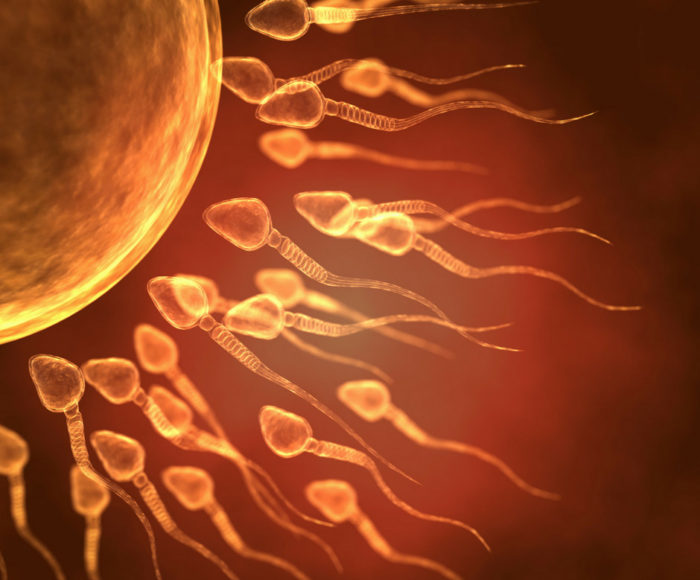Many women who struggle with infertility have an underlying condition called PCOS (Polycystic Ovary Syndrome). Studies now show that women who have PCOS may also have low levels of vitamin D, a crucial component needed to conceive. In this month’s blog, Dr. Jessica McLaughlin discusses these studies along with the connection between vitamin D and pregnancy.
There is growing interest in a link between female reproduction and vitamin D. Vitamin D deficiency is common in reproductive age women. Both the site of action and production are present throughout the female reproductive tract and we know vitamin D regulates different endometrial and ovarian functions.
Polycystic ovarian syndrome (PCOS), a common cause of infertility related to the anovulation, shares many of the metabolic features of vitamin D deficiency including insulin resistance and obesity. Fertility treatments for PCOS usually start with ovarian stimulation to induce ovulation however up to 25% may not respond. Because of this, a recent study looked at vitamin D and treatment success with PCOS. The study assessed stored vitamin D data from one of the largest randomized control trials from the Reproductive Medicine Network: The Pregnancy in Polycystic Ovary Syndrome II (PPCOS II).
The PPCOS II trial included 750 women with PCOS who were randomized to either receive letrozole or clomiphene citrate to determine rates of ovulation and live birth rate. Out of the 750 women, 607 had banked vitamin D levels (25 (OH) D) available. Forty-one percent of PCOS patients met the criteria for vitamin D deficiency. Subjects with vitamin D deficiency were significantly more likely to have higher degrees of hyperandrogenism (elevated testosterone) and insulin resistance than those who were not deficient. Also the PCOS patients with vitamin D deficiency were less likely to ovulate with treatment and experienced a 40% lower chance of live birth than those not deficient. Interestingly, this study also looked at data from patients with unexplained infertility (in the large AMIGOS trial) and did not find these associations (Butts et al., JCEM, 2019).
The findings suggest that vitamin D status affects the way PCOS patients respond to treatment and adds to evidence that vitamin D deficiency has negative reproductive consequences for women with PCOS. We need an intervention study of vitamin D in PCOS to really make a statement about potential screening and treatment for deficiency in this patient population. This would mean identifying women with PCOS who are vitamin D deficient and looking at treatment outcomes after correcting or not correcting the deficiency. I’m sure this is coming. In the meantime, we recommend routine vitamin D supplementation for all of our patients prior to pregnancy. The Institute of Medicine suggests 600 IU for all reproductive age women, including pregnancy and lactation. Routine supplementation in a prenatal vitamin can vary from 400-2000 IU.
If you are suffering from PCOS and want to start a family, contact us to start your journey! 843-883-5800
Related Posts

September 23, 2020
How to Manage PCOS

March 19, 2020
Why Your Fertility is Safe in Our Hands

March 22, 2021
Endometriosis 101

November 07, 2017
Why do Chromosomally Normal Embryos Not Implant in the Uterus?

March 13, 2018
Are Male Sperm Counts Declining Over Time?



